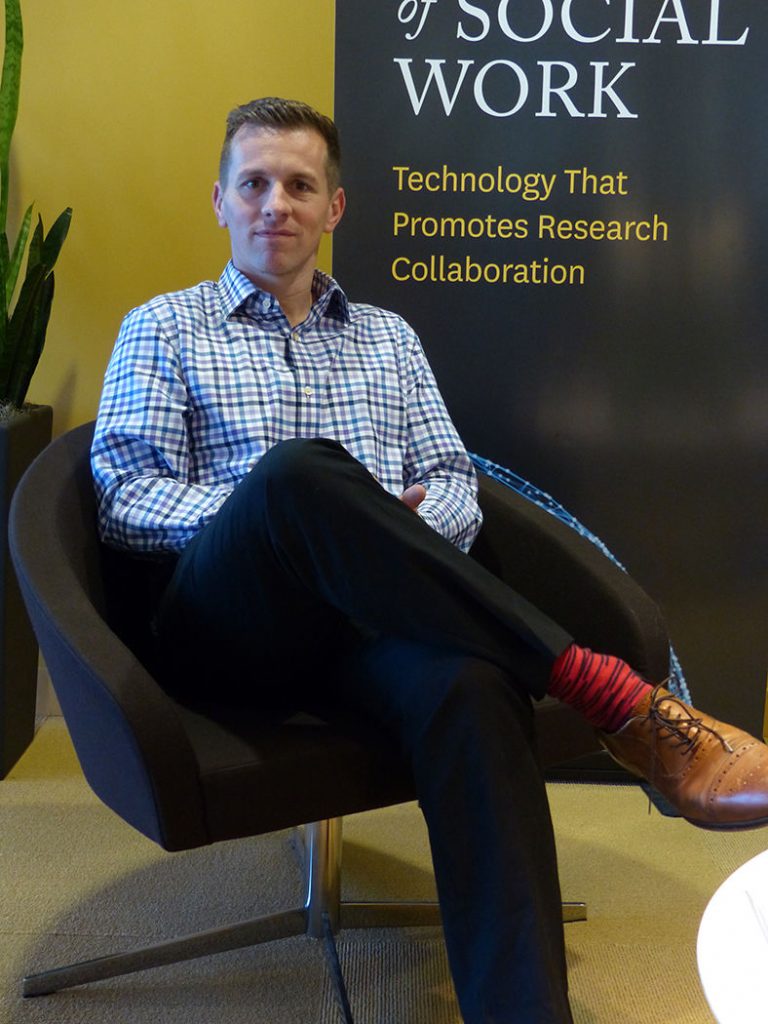Coming home is the biggest problem for veterans. And it’s been that way pretty much since Vietnam, and all our wars and conflicts since then, according to Nathan Graeser. The scholar/soldier is the community program administrator for the University of Southern California’s School of Social Work Center for Innovation & Research on Veterans & Military Families.
It seems like vets from Iraq, Afghanistan and other recent conflicts have been forgotten. Why? Because for the last 15 years our wars have been fought by an all-volunteer professional force that’s touched less than one-half of 1 percent of Americans and their families.
He calls it a “disconnect” from the cost of war. Most people don’t even know a veteran. Plus, he says the news media hasn’t been fair in telling the stories of returning vets. They’re often portrayed as either homeless or heroes or nut cases suffering from PTSD, none of which is true.
“We start to lose that connection to veterans when it becomes an all-volunteer force,” Graeser points out. “People say, ‘Thank you for your service, but I really don’t know where you went or what you did.’ So that makes it much harder if people do not know that a person’s really injured, not just physically but mentally with PTSD and moral injury.”
What makes it even worse, according to Graeser, who is a U.S. Army National Guard chaplain, is when people transitioning back from the military only get help “at the end of the spectrum.” It is often a one- or two-course focused on signing up for their benefits and unemployment. Mostly, it’s a PowerPoint presentation with the handing out of information packets.
One veteran told Graeser, “They really offer most of the support after we missed the window for successful transition.” He adds, “And that really echoes how we provide care to everyone across our country. But, specifically, you see this with the veteran population: ‘We will help you once you’ve been homeless for a while or once you’re really unemployed. But we really want you to prove you’re suffering before we’ll help you.’”
The disconnect between veterans and unaware citizens is where faith communities can really play a vital role, says the chaplain.
“There’s this spiritual call to be ‘peacemakers,’” he points out. “It’s almost fundamental to our beliefs, right, like ‘shalom.’ And this sense that ‘blessed are the peacemakers for they shall inherit the earth.’ It’s really this deep profound principle to what Jesus talks about. We of faith are supposed to be peacemakers, right?” Raising his voice, Graeser adds, “So my question is always: How can you be a peacemaker if you’re not actively repairing and healing the wounds of war?”

